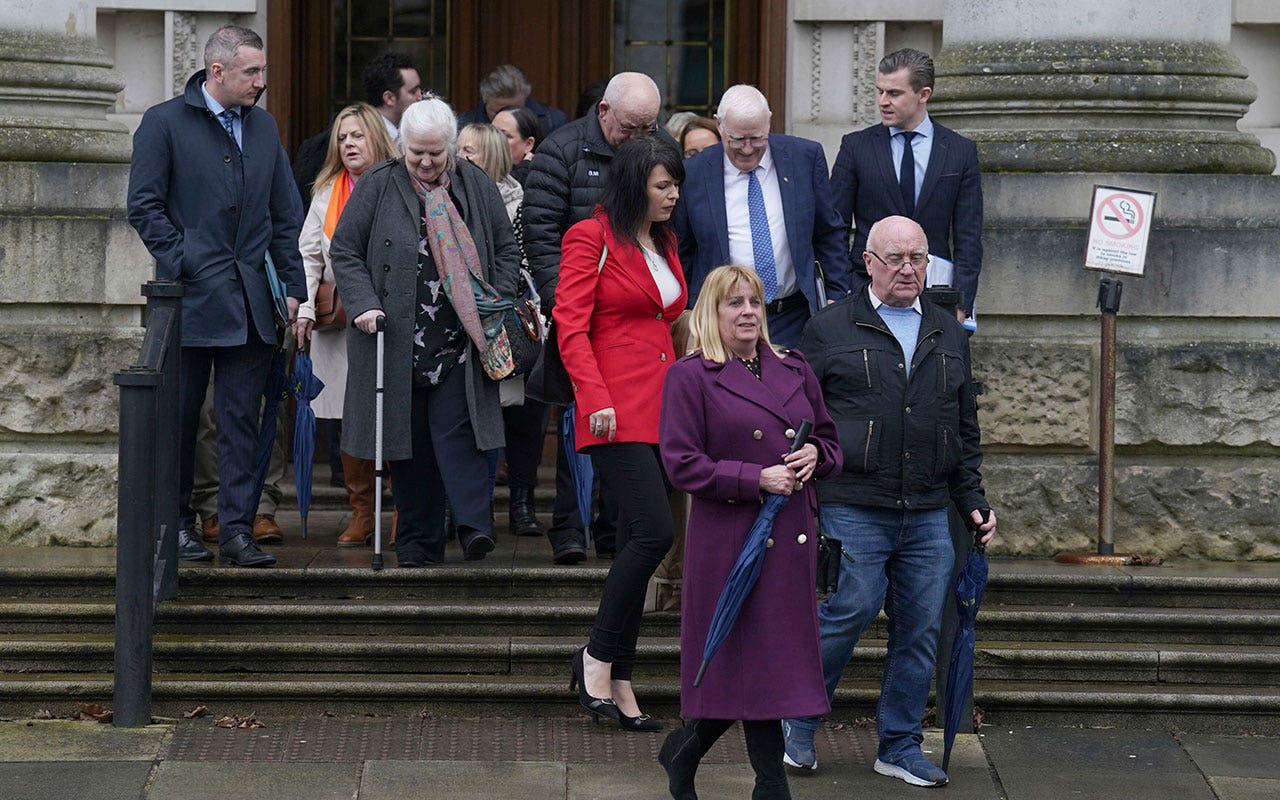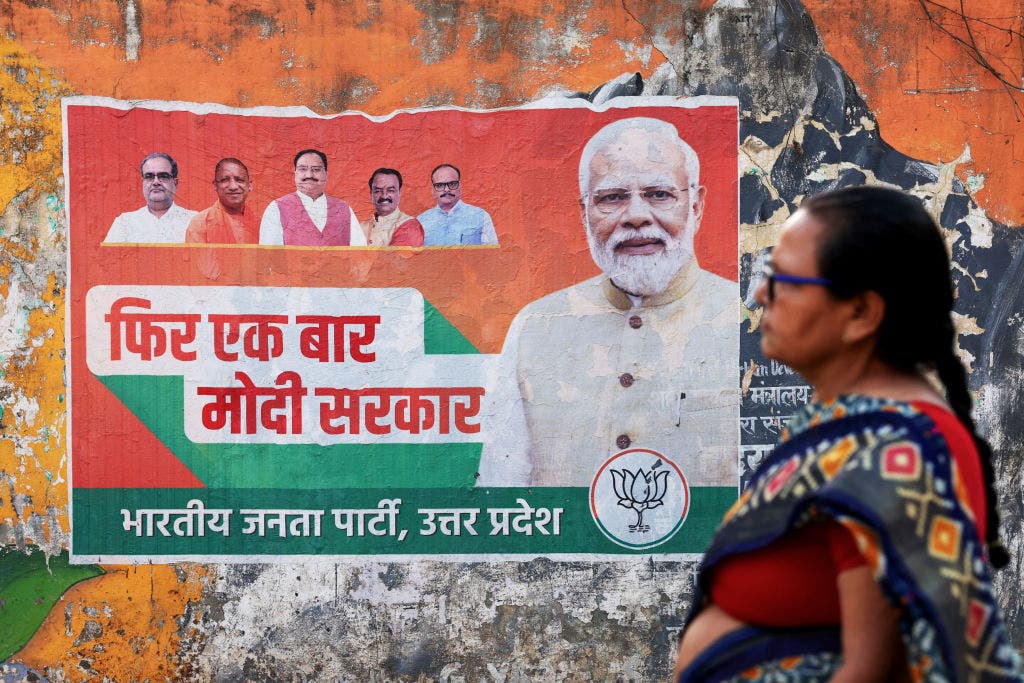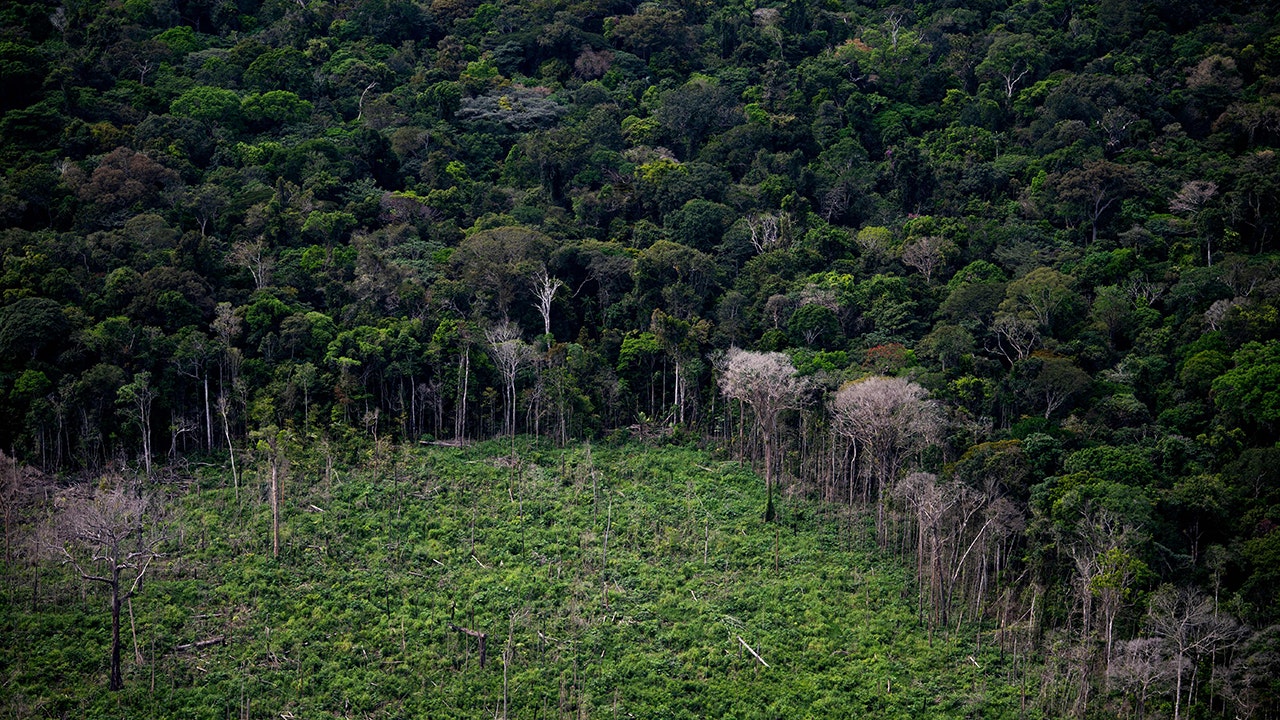Guatemalan authorities searched the offices of Save the Children, the international charity said on Thursday, in an inquiry into claims of child abuse that was widely viewed as a political attack in a country with a history of targeting nonprofit groups and human rights organizations.
Guatemala’s Public Ministry said in a statement on Thursday that it had searched the headquarters of an organization as “part of an ongoing transnational investigation” into potential abuses against Guatemalan children. The ministry did not name the organization.
Save the Children, which has operated in Guatemala since 1976, said its office had been searched. It denied the claims and said it had not been previously notified of an investigation.
Rafael Curruchiche, who leads the special prosecutor’s office against impunity, said in a video published on social media that the search had involved the “registration and seizure of evidence” in coordination with the national police.
Mr. Curruchiche, whom the United States placed on a list of corrupt officials for obstructing corruption inquiries and democracy, said that the search followed a complaint filed with the Public Ministry.
Guatemala has had a record of suppressing anticorruption and human rights work. In 2021, a law that gave the authorities wide powers to dissolve nongovernmental organizations took effect after lawmakers argued that groups receiving foreign funding violated Guatemala’s sovereignty. Charities have said that the legislation suppressed the freedom of assembly and expression.
Despite staunch resistance from his opponents in the government, Guatemala’s current president, Bernardo Arévalo, took office earlier this year after running as an anticorruption crusader. He replaced his predecessor, Alejandro Giammattei, who targeted nonprofits and human rights groups during his term in power. But Mr. Arévalo has faced a conservative political establishment, including prosecutors, opposed to him, making it difficult to implement his agenda.
Juan Luis Pantaleón, a spokesman for the Public Ministry, said that the complaint against Save the Children was filed by a person who said that Guatemalan children were being abused at shelters in Texas where nongovernmental organizations were working.
Mr. Curruchiche said that the authorities had asked the attorney general’s office in Texas for help with the investigation. In a letter to Ken Paxton, the Texas attorney general, verified by Guatemala’s Public Ministry, Ángel Pineda, the ministry’s secretary general, accused Save the Children of sending children to Texas illicitly. Mr. Pineda has also been sanctioned by the United States.
Manfredo Marroquín, the head of Citizen Action, a Guatemalan anti-corruption policy group, dismissed the notion that Guatemalan prosecutors were suddenly concerned about the safety of children in the country.
“Most likely, and almost assuredly, this is politically motivated,” he said in an interview.
Guatemala has also long been scrutinized for the poor treatment of children in the country. Guatemalan children have fled violence and poverty, often for safety in the United States. But increasing numbers of them have been returned. Adoptions to families in the United States have stalled because of allegations of kidnappings and baby selling.
Save the Children defended its work in a statement on Thursday, stating, “We do not — and we have never — facilitated the movement of children out of Guatemala.” Instead, it said it supported health and nutrition programs, access to education and food in the public school system and emergency assistance.
“We are shocked and perplexed by the unprecedented search of our offices by the Guatemalan Public Ministry,” the group said. “No specific allegations were made known to us, and there is no evidence to support allegations of misconduct.”
Last week, the charity said that it was aware of claims about the well-being of the migrant children that it was working with. It said that there was no evidence to support those claims, adding that it took all child misconduct allegations seriously and had independent investigative mechanisms to examine them.






